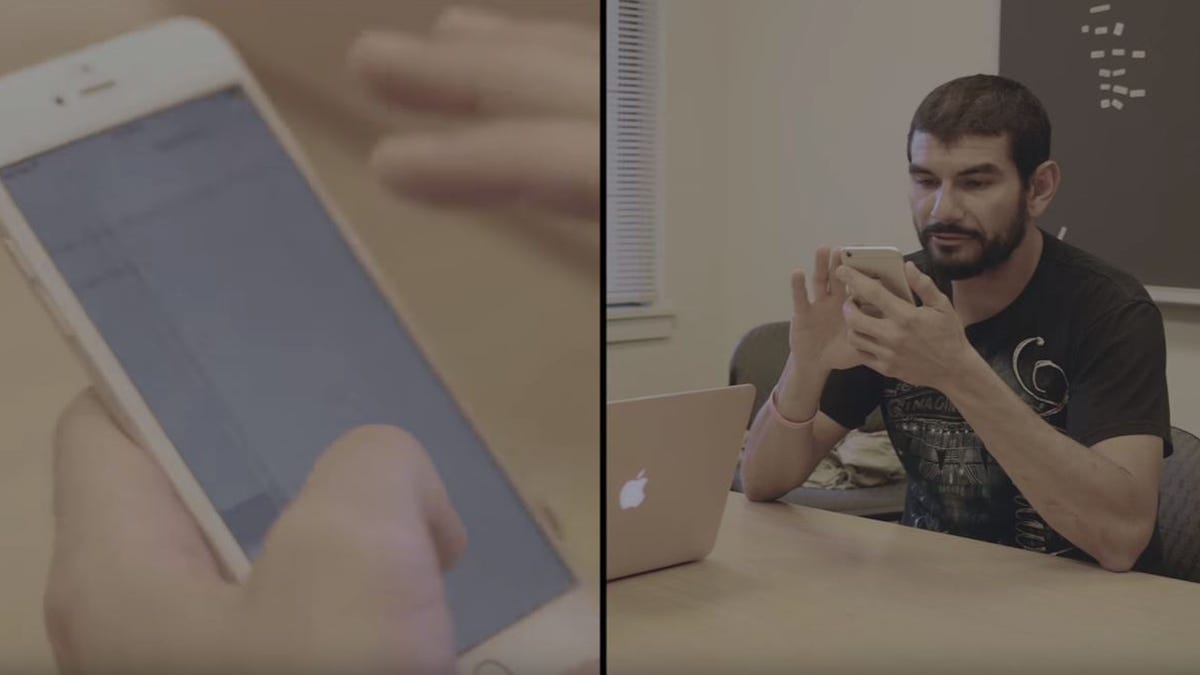This keyboard is designed entirely for speech recognition
Give those fingers of yours a well-earned rest. Baidu's new voice-to-text keyboard app for Android is more accurate, anyway.
Are you tired of typing your messages like some kind of 20th century doofus? If so, you'll be glad to know an Android keyboard designed from the ground up to work around your voice is being released today.
The app comes courtesy of Baidu, often referred to as the Google of China. The company teamed up with Stanford University for a study that showed its speech recognition technology was three times faster than typing in English -- and with an error rate 20.4 percent lower.
To get this result, Baidu's Deep Speech 2 tech competed against 32 texters aged 19 to 32. Half of those were Chinese, with the study finding Baidu's speech recognition was 2.8 times faster than texters typing in Mandarin, and had an error rate 63.4 percent lower.
"We knew speech recognition is pretty good, so we expected it to be faster," said Sherry Ruan, a study co-author and computer science Ph.D student. "We were actually quite surprised to find that it was almost three times faster than typing on a keyboard."
Voice recognition in keyboards isn't new. Google Keyboard has offered voice input for years. But Baidu's app, as seen in the video above, promises to offer a more realized version of the feature. The company said an early user rapped "Rapper's Delight" and the app was able to transcribe it perfectly, so there's that.
Whether it'll deliver for you, or whether you want to be talking messages into your phone on the train, we'll soon find out.


